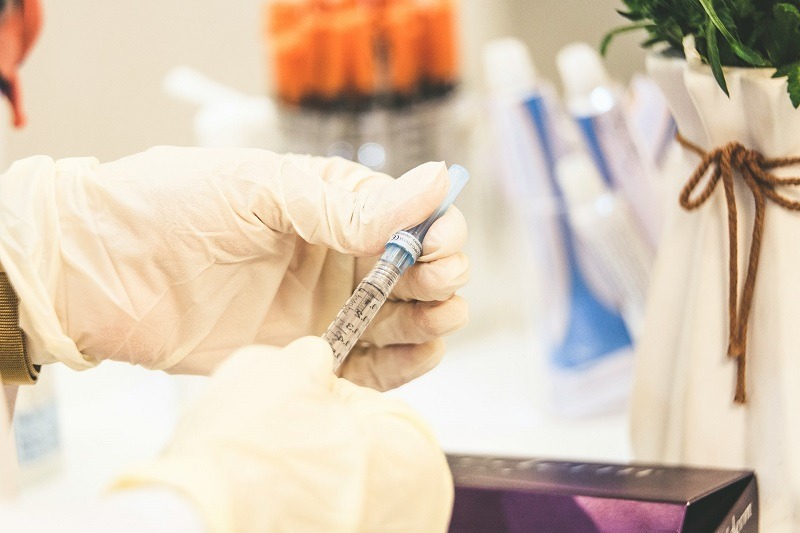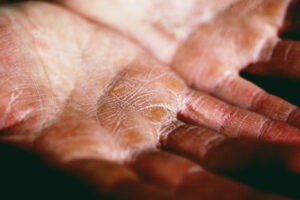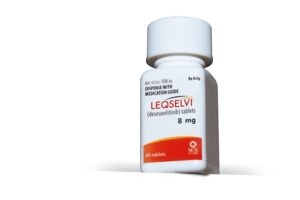The US Food and Drug Administration (FDA) has accepted for review the supplemental biologics license application (sBLA) for Sanofi and Regeneron’s Dupixent (dupilumab) to treat chronic spontaneous urticaria (CSU) in adults and children aged 12 and above, particularly for those whose condition persists despite H1 antihistamine treatment.

The sBLA is based on findings from the LIBERTY-CUPID Phase III clinical programme. Credit: Sam Moghadam Khamseh on Unsplash.
Subscribe to our email newsletter
The FDA has set a target action date of 18 April 2025 for its decision. If approved, Dupixent is expected to become the first targeted CSU therapy in ten years.
Sanofi and Regeneron resubmitted the sBLA based on findings from the LIBERTY-CUPID Phase III clinical programme.
The LIBERTY-CUPID Phase III studies comprise Study A, Study B, and Study C.
Study A and Study C focused on CSU patients inadequately controlled by antihistamines, while Study B included those unresponsive to both antihistamines and omalizumab.
Study C, a pivotal trial within the programme, achieved its primary and key secondary endpoints.
The findings from this study demonstrated that Dupixent significantly lessened itch and urticaria activity, mirroring the outcomes of Study A.
The safety profile of Dupixent in these studies was consistent with its known risks in other approved uses.
Adverse events reported in the Phase III trials were generally aligned with Dupixent’s established safety profile.
Injection site reactions and Covid-19 were the most frequently reported adverse events in patients treated with Dupixent, occurring in at least 5% of cases.
Globally, Dupixent has received approval for various indications in over 60 countries, covering conditions like atopic dermatitis, asthma, and others across different age groups.
Specifically, for CSU, it received approval in Japan and the United Arab Emirates (UAE), with a regulatory review ongoing in the European Union.
Sanofi and Regeneron Pharmaceuticals are co-developing Dupixent. Beyond the current indications, the companies are currently investigating the potential of the therapy in treating a wide array of conditions linked to type-2 inflammation or allergic processes in ongoing Phase III trials.
 Advertise With UsAdvertise on our extensive network of industry websites and newsletters.
Advertise With UsAdvertise on our extensive network of industry websites and newsletters.
 Get the PBR newsletterSign up to our free email to get all the latest PBR
news.
Get the PBR newsletterSign up to our free email to get all the latest PBR
news.

